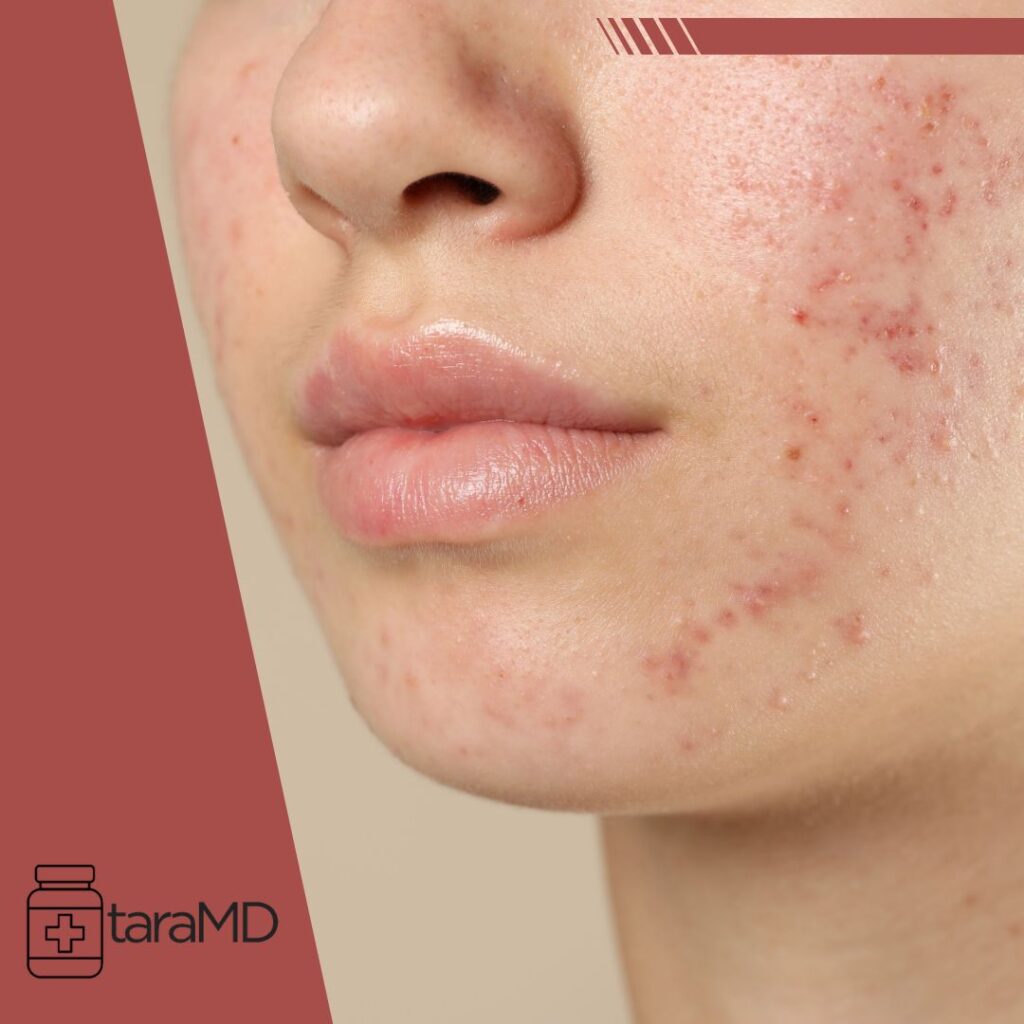Acne is one of the most common skin conditions, affecting millions of people worldwide. Despite its prevalence, misconceptions about acne remain widespread, often leading to frustration and ineffective treatments. Understanding the true causes of acne and the best approaches to manage it is key to achieving clearer, healthier skin. In this article, we’ll explore what triggers acne and the solutions that dermatologists recommend for long-term results.
1. Understanding the Causes of Acne
Acne develops when hair follicles become clogged with oil, dead skin cells, and bacteria. The primary contributing factors include:
- Hormonal Changes: Fluctuations in hormones, particularly during puberty, menstruation, pregnancy, or stress, can increase oil production in the skin, leading to breakouts.
- Excess Sebum Production: Overactive sebaceous glands produce more oil than necessary, creating an environment for acne-causing bacteria to thrive.
- Bacterial Growth: Propionibacterium acnes, the bacteria commonly found on skin, can multiply in clogged pores, triggering inflammation and pus-filled pimples.
- Lifestyle Factors: Diets high in refined sugars and dairy products, lack of sleep, and high stress levels may exacerbate acne in some individuals.
- Genetics: A family history of acne increases the likelihood of developing the condition.
While acne is often associated with teenagers, adults can also experience it, particularly women dealing with hormonal fluctuations.
2. Effective Solutions for Acne
Managing acne requires a multi-faceted approach tailored to the severity and type of breakout. Dermatologists recommend the following strategies:
- Topical Treatments: Ingredients like benzoyl peroxide, salicylic acid, and retinoids help reduce bacteria, unclog pores, and speed up skin cell turnover. These are often the first line of treatment for mild to moderate acne.
- Oral Medications: For more severe or persistent acne, oral antibiotics, hormonal treatments, or isotretinoin may be prescribed to reduce inflammation and prevent scarring.
- Professional Procedures: In-office treatments such as chemical peels, laser therapy, or light-based treatments can complement medications by targeting deeper layers of skin and promoting healing.
- Consistent Skincare Routine: Gentle cleansing, non-comedogenic moisturizers, and regular exfoliation can prevent clogged pores and maintain skin balance.
3. Lifestyle and Preventive Measures
Lifestyle changes play a supportive role in managing acne. Eating a balanced diet rich in fruits, vegetables, and whole grains, managing stress, and avoiding harsh scrubbing or over-washing of the face can help minimize breakouts. Consistent use of sunscreen is also essential, as sun damage can worsen acne scars and lead to hyperpigmentation.
Take Control of Your Skin
Acne is a complex condition with multiple causes, but it is manageable with the right approach. Understanding what triggers your breakouts and following dermatologist-recommended solutions can significantly improve your skin’s health and appearance. If over-the-counter products are not effective or acne is severe, consulting a dermatologist is the best way to develop a personalized treatment plan. By taking proactive steps, you can reduce breakouts, prevent scarring, and achieve clearer, healthier skin.
Read more:

